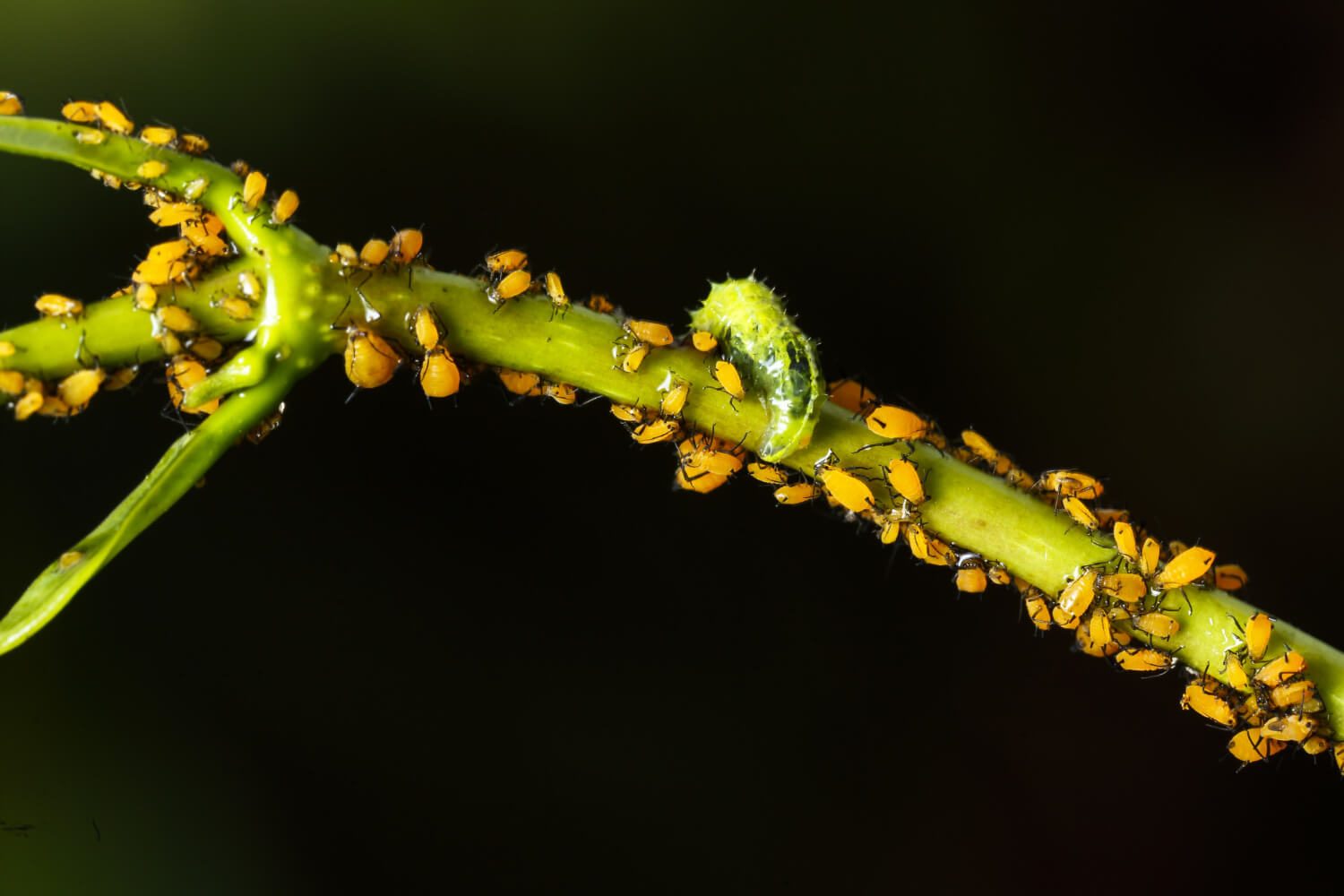Top blog articles
If you’ve ever tended to a vegetable garden, you’ve probably spotted ant trails weaving through your garden plants or noticed an ant nest tucked under a lush tomato plant. But the big question remains: Are ants bad for a garden, or can they actually help your vegetable patch thrive?
It seems this question has puzzled many newbie gardeners like me.
I, too, used to constantly wonder if I should worry about the busy lines of worker ants I spotted every summer, tirelessly moving across rows of lettuce and beans. That’s when I decided to do my research, and what I discovered changed the way I look at these tiny garden residents. Interestingly, ants can be both a garden’s best friend and worst enemy, depending on their behavior and the species of ants you’re dealing with. I will explain how.
How Ants Can Benefit Your Garden
Natural Pest Controllers
Ants aren’t just garden pests—they’re also nature’s own pest control team! Many species of ants are carnivorous and actively hunt the eggs and larvae of detrimental insects. Worker ants can help keep populations of caterpillars, crop-eating bugs such as bollworms and cutworms, and other bitter enemies of your garden plants in check. This provides a natural method to limit infestations that could otherwise wreak havoc on your crops.
Soil Aeration and Ecosystem Support
When ants dig and tunnel underground to build their ant nest, they create intricate passageways that naturally aerate the soil. This aeration allows air, water, and nutrients to travel deep down to plant roots, promoting healthier and more robust vegetable gardens. The burrowing process also helps organic matter break down faster, making nutrients more available for your garden plants and boosting the entire ecosystem beneath your feet.
Accidental Pollinators
It’s not just bees doing the heavy lifting during pollination season. Certain species of ants also play a minor but helpful role in the pollination process. As ants journey from flower to flower in search of food, their bodies collect bits of pollen, which are then transferred to other blooms. While not as effective as bees, their activity does give a small boost, especially as bee populations face challenges worldwide.
Food Web Contributors
Ants act as a vital food source for other beneficial creatures in your garden. Birds, lizards, and frogs rely on the abundance of ants to help balance the garden ecosystem. Without ants, these helpful animals might pay fewer visits to your vegetable patch!
The Cons: How Ants Can Harm Your Garden
Ants and Aphids—A Sticky Relationship

One of the biggest ways ants in your garden can turn from friend to foe is their unique partnership with aphids. Aphids are notorious garden pests that feed on plant sap and create a sugary substance called honeydew. Ants are attracted to this sticky treat and will fiercely protect aphid colonies to maintain their honeydew supply, even carrying aphids from plant to plant and sheltering them within their nests. This relationship can explode aphid numbers, which puts your garden plants at risk.
If you notice an explosion of aphids—especially around ant trails—keep in mind that ants are likely playing “aphid farmers,” which isn’t good news for your vegetable gardens.
Painful Bites and Damage
Not all ants are harmless. Some, like the carpenter ant or the infamous fire ant, can turn your gardening experience into a literal pain. Fire ants deliver a sting that can cause itchy welts, while carpenter ants can bite and spray a formic acid that stings the skin. On top of the discomfort:
- Carpenter ants may establish their ants’ nest in wooden structures, potentially causing damage to outdoor furniture or sheds.
- Their tunneling can occasionally undermine the stability of plant roots, impacting young seedlings or delicate vegetables.
Should You Get Rid of Ants in Your Garden?
The important thing to remember is that not every ant is a villain in your vegetable garden story. Ask yourself:
- Are the ants simply moving through, or do you see them defending or transporting aphids?
- Are you noticing weakened plant roots or nests in sensitive areas?
- Have you identified aggressive carpenter ant or fire ant activity?
If the answer leans toward “yes,” it may be time to intervene and protect your plants. But if the ants are simply aerating the soil, hunting garden pests, or playing their part in garden life, you might want to leave them be—they’re likely helping your ecosystem more than harming it.
Tips for Controlling Problem Ants
While it’s nearly impossible to banish every ant (after all, there are over 10,000 known species of ants), it is possible to manage their presence to prevent problems.
- Target aphids and sap-suckers first: Remove aphids and similar pests to discourage ants from “farming” honeydew.
- Manage ant nest locations: If you spot a growing anthill near vulnerable plant roots, try gentle relocation before resorting to harsher methods.
- Use natural deterrents: Sprinkling food-grade diatomaceous earth around plants can deter worker ants and other pests without harming the soil. Carefully apply borax mixed with sugar to target ant colonies (Hey! Always follow safety directions while you’re at it).
- Avoid harsh chemicals when possible to preserve the garden’s ecological balance.
Read more: Pest Control
Are Ants Bad for a Garden: The Bottom Line
Are ants helping your garden — or harming it? Ants aerate the soil, support pollination, and help control garden pests, but some species of ants—especially those that farm aphids or damage plant roots—can cause real issues in vegetable gardens.
Regularly ask yourself: Are ants bad for a garden? If certain ant populations tip the balance in the wrong direction, a bit of intervention may help you keep your garden thriving and healthy for seasons to come.









